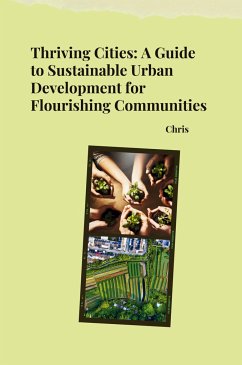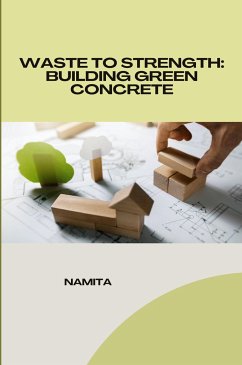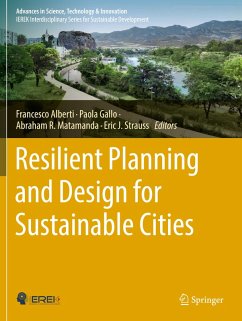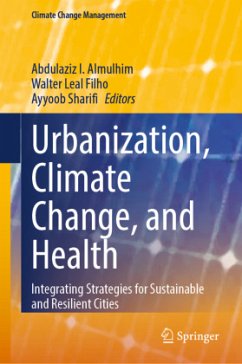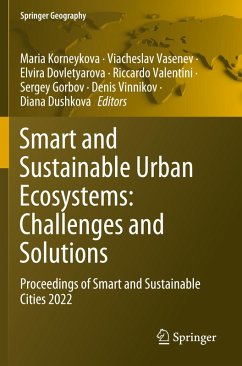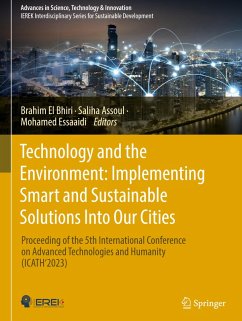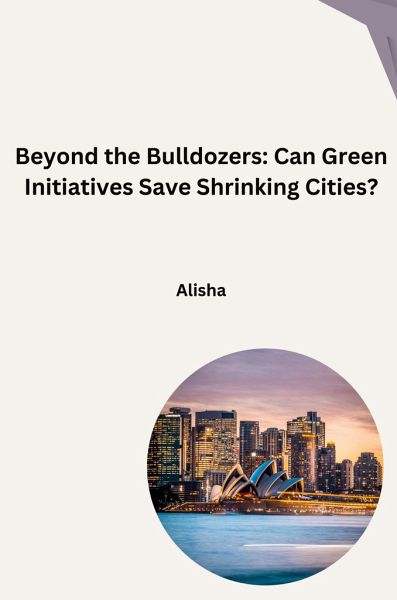
Beyond the Bulldozers: Can Green Initiatives Save Shrinking Cities?
Versandkostenfrei!
Versandfertig in 6-10 Tagen
28,19 €
inkl. MwSt.

PAYBACK Punkte
0 °P sammeln!
This title challenges traditional approaches to urban renewal in shrinking cities. "Bulldozers" symbolize the idea of demolition and starting anew, often seen as a solution to blight.The rest of the title, "Can Green Initiatives Save Shrinking Cities?" sparks curiosity. It suggests exploring alternative strategies focused on sustainability and environmental solutions.This piece could delve deeper into the limitations of traditional urban renewal methods. Demolishing abandoned buildings can be expensive and environmentally destructive. Additionally, it erases the city's history and character.Th...
This title challenges traditional approaches to urban renewal in shrinking cities. "Bulldozers" symbolize the idea of demolition and starting anew, often seen as a solution to blight.The rest of the title, "Can Green Initiatives Save Shrinking Cities?" sparks curiosity. It suggests exploring alternative strategies focused on sustainability and environmental solutions.This piece could delve deeper into the limitations of traditional urban renewal methods. Demolishing abandoned buildings can be expensive and environmentally destructive. Additionally, it erases the city's history and character.The focus would then shift to the potential of green initiatives. We could explore how these initiatives can:-Revitalize vacant spaces: Transforming empty lots into green spaces like parks or community gardens creates a more livable environment for remaining residents.-Attract new residents: A focus on sustainability and green infrastructure can attract eco-conscious residents and businesses.-Boost economic development: Green initiatives like urban farms or renewable energy projects can create new job opportunities."Beyond the Bulldozers" emphasizes the power of green solutions. It suggests that by embracing sustainability, shrinking cities can not only improve their environment but also unlock new avenues for economic and social development.The title ends with a question mark, inviting readers to consider the potential of green initiatives as a viable path for the revitalization of shrinking cities.





